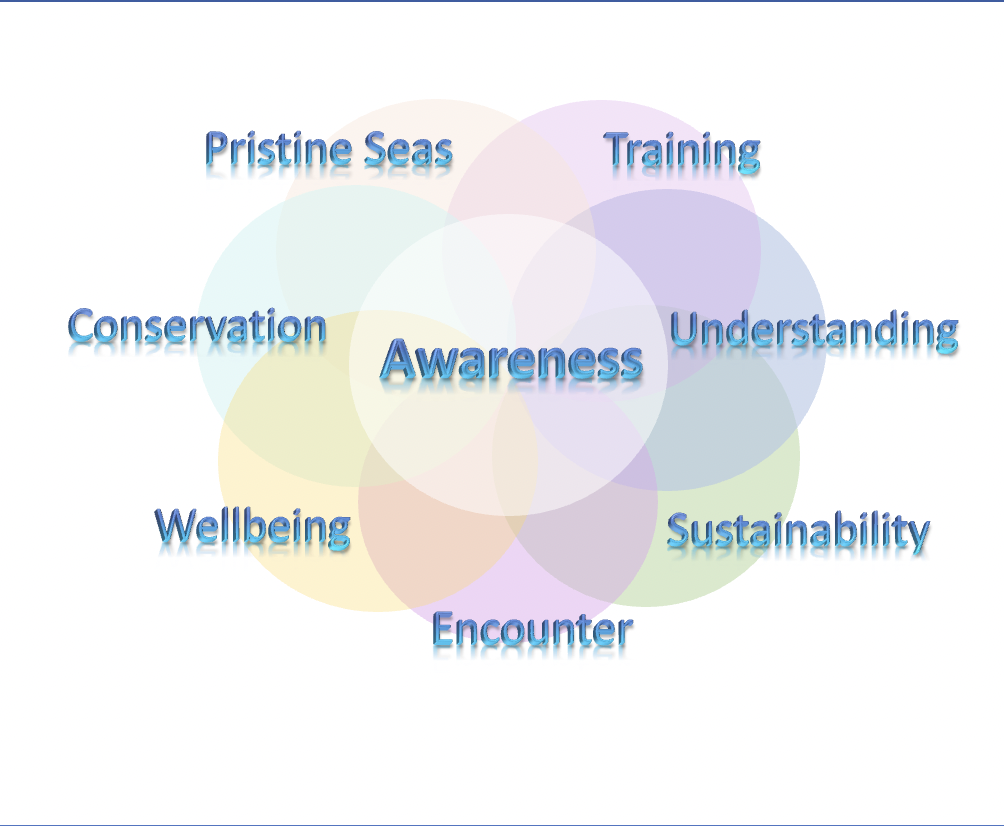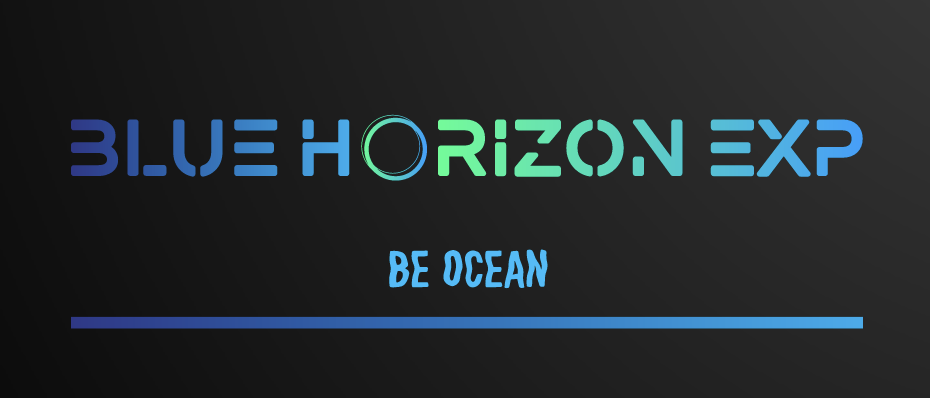Seas of Hope Program
We care
Join our specialized awareness micro-expeditions to pristine seas
The concept
We invite you onboard our specialized micro-expedition with scientific background in pristine and remote areas of the world in search for conscious encounters and deep understanding of the ocean ecosystem. Participate in Ocean Literacy, Marine Science and Environmental Awareness workshops, Biodiversity Monitoring using scientific standard protocols with non-invasive techniques, Open Science data sharing, fit for purpose Wellbeing sessions and of course a lot of fun dives. The program is tailored depending on the experience and focus of the group.
The objective of this programme is to create awareness through expertise, personalized education, understanding, sensibilization, training and extraordinary encounters. We aim to empower current and future generations with the knowledge that will allow a critical thinking for achieving the life transformative change necessary for effective ocean conservation.
Program sample on board
(depending on schedules, conditions and on demand activities)
The program is based on ‘Awareness‘ and is divided in 2 workshops: self-awareness for wellbeing and self-awareness through environmental science background. The combination of the two will allow you to better explore your limits and interact differently and in a more conscious way with the environment and the living beings around you and have a better insight of the science behind it.
• Self-awareness for wellbeing is composed of at least 7 sessions of 1h-1h30 over 14 days. The techniques applied derive from disciplines such as Sophrology, Pranayama, Meditation, Yin Yoga, Hata Yoga, Performing Arts, Freediving. They have the objective to awake and ameliorate the relation between body and mind and between the perception of you and the others, starting with respiration and relaxation exercises, mobilisation and inner flexibility exercises, in view of improving skills for diving and freediving but also for opening to natural encounters and experiences and master unpredictable reactions in the wild.
• Self-awareness through environmental science background is composed of at least 7 sessions of 1h-1h30 over 14 days. The content is focused on giving expert knowledge to the general public about the marine ecosystem, the fragile and endangered species and habitats encountered and their conservation status, the behaviour of these species and how to better approach them, the anthropogenic impacts and how to be aware and reduce them, how to monitor the environment and acquire useful information for its conservation using simple and cheap non-invasive open science equipment and protocols following ocean best practices. A demonstration will be run for each of the main ecosystem living compartments to make the guests feel like a marine biologist for one day. Availability of synoptic Earth Observation information through modeling and remote sensing will be explained and examples of in-situ techniques will be showed. For example a Planktoscope can be used to visualise and monitor planktonic microbial species, PBRUVS (pelagic underwater baited stereo cameras) can be used to visualise and monitor elusive predator species, passive acoustic can be mainly used to detect presence of Cetaceans, photo-ID can be used as a mark recapture technique to help in population modelling, a DJI drone can be used to visualise behaviour and body conditions of surface marine mammals and turtles, standardised scaled color cards can be used to detect the degree of coral bleaching, belt transects and quadrats can be used to estimate diversity and biomass of species and habitat cover. After a bit of knowledge building, a BioBlitz can be attempted with the guests. If any scientifically correct and useful information may be derived from these simulations, it will be shared with the interested entities and uploaded to global data aggregators.
Due to the limited accessibility of connection in the remote areas and to the limited time on board and to privilege the operational aspect, any summary or further instruction, detail and curiosity on request will be provided to the guests before and after the trip by the scientific coordinator.

